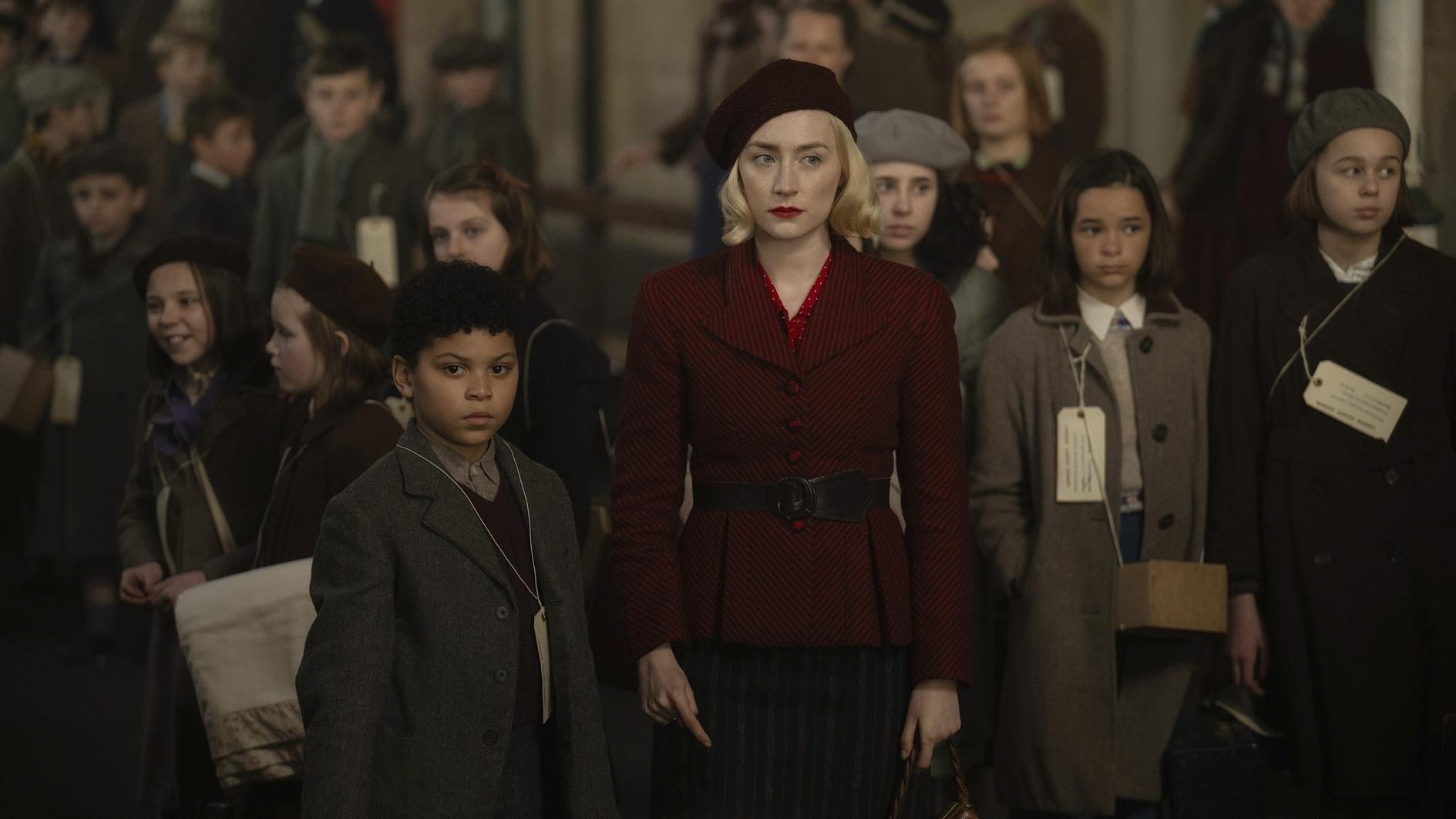
“Blitz,” set in London during World War II, might technically be Steve McQueen ’s first war movie. But struggle and survival has long marked the filmmaker’s tough and tortured work.
No matter the circumstance — slavery in “12 Years a Slave,” the 1960s-1980s London of West Indian immigrants in “Small Axe,” the Irish hunger strike of “Shame” — McQueen has been drawn to moments of history less for their dramatic extremes than for how they test the morality of those in and around the fight. Did they turn a blind eye? Did they risk themselves? Do we remember?
McQueen’s films tend to ask questions — often uncomfortable ones. That’s been true in his nonfiction work, too. His 2023 short film “Grenfell” captured the aftermath of the tragic Grenfell Tower blaze. Last year’s “Occupied City” compared present-day street addresses in Amsterdam to what happened in those precise locations during the Nazi occupation of WWII.
In that film, McQueen juxtaposed past and present, death and life, and some of the same collisions are found in the 1940-set “Blitz,” which opens today in theaters and streams on Nov. 22 on Apple TV+.
It’s told largely from the perspective of a 9-year-old boy, George (Elliott Heffernan), whose single mother, Rita (a steely Saoirse Ronan ), has made the anguished decision to send him to the countryside with thousands of other schoolchildren fleeing the Blitz.
Throughout, “Blitz” toggles between moments of tenderness and violence, a back and forth that McQueen suggests isn’t just part of wartime. Following the trainyard moment, the film slides into a flashback of Rita and George’s otherwise unseen Grenadian immigrant father, Marcus (CJ Beckford). On their way home from a joyous night dancing at a jazz club, a man intentionally bumps into Marcus. In the ensuing tussle Marcus is arrested, and later, swiftly deported. In an instant, cruelty and racism can wreck a life just as surely as a Nazi bomb from above.
Ultimately, that there is a war on in “Blitz” may not be its defining feature. The London under siege in McQueen's film is as much at risk from injustice as it is German planes. For George, Rita and the others pushing back, resistance isn't just wartime survival. It's a way of life.